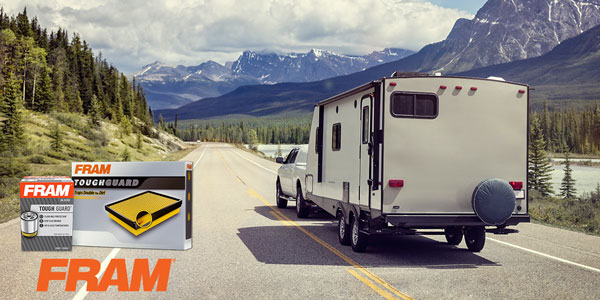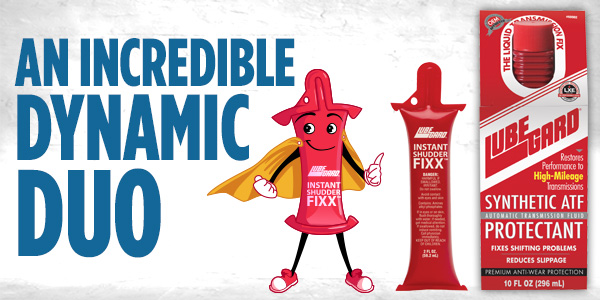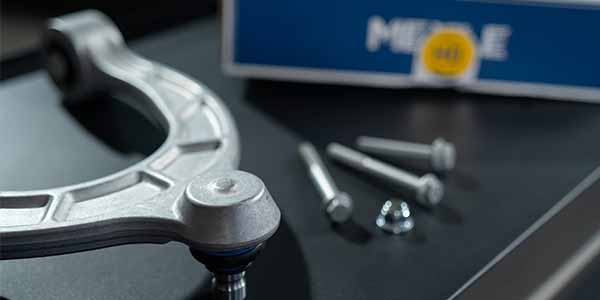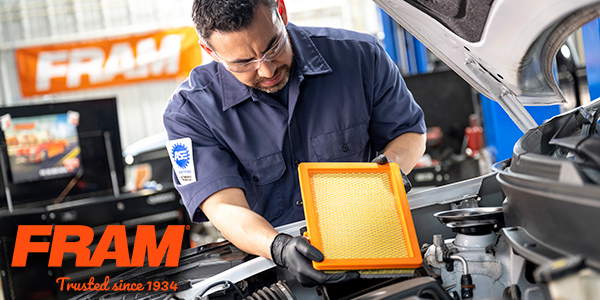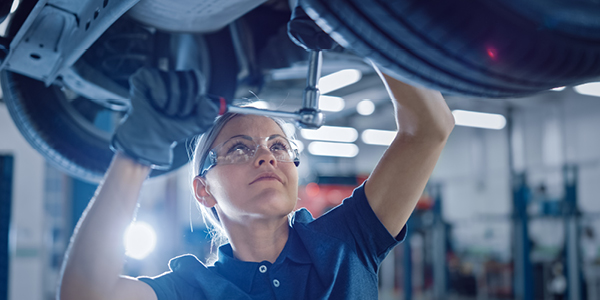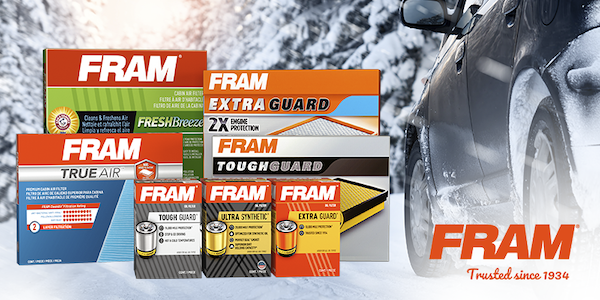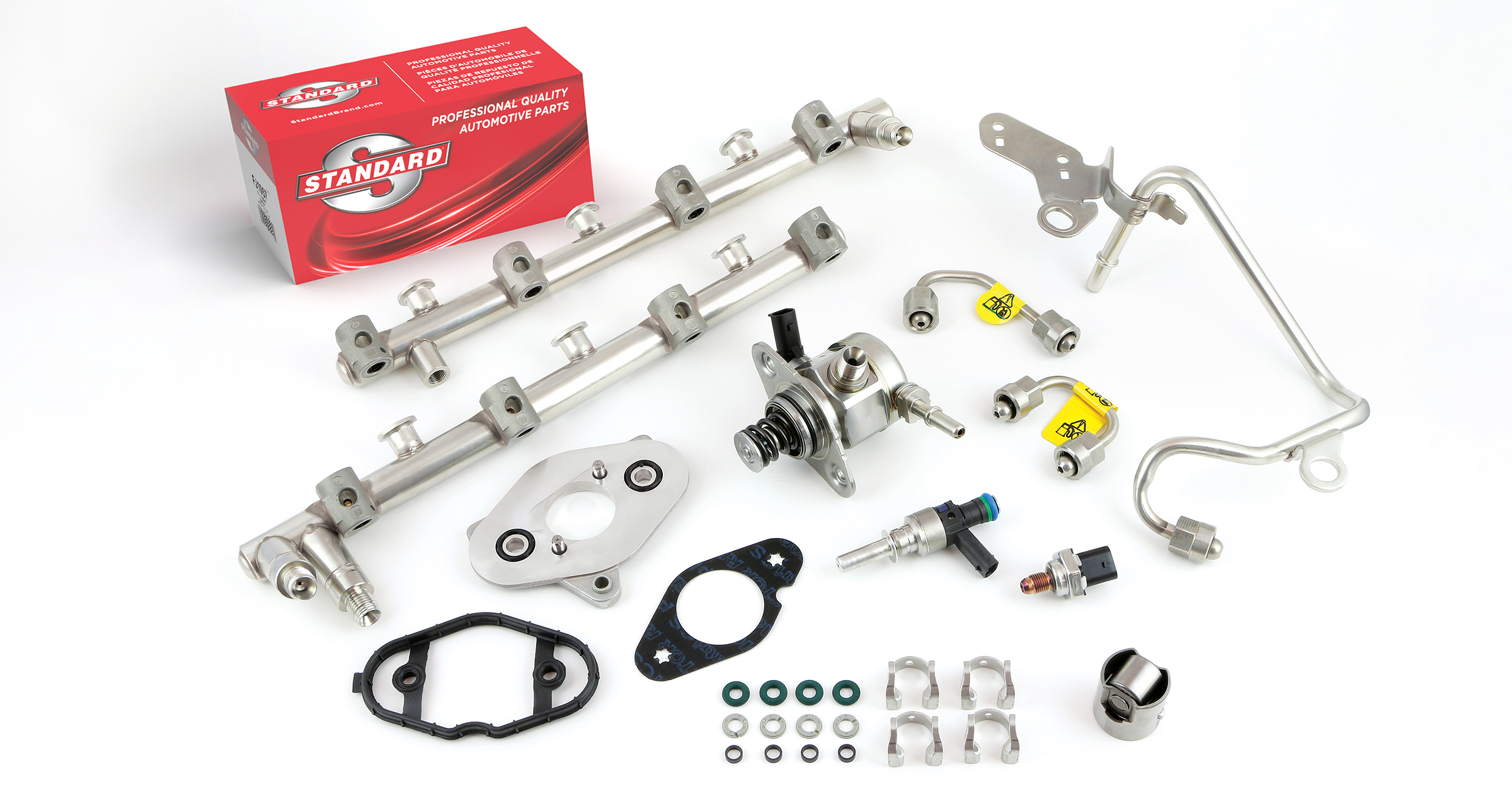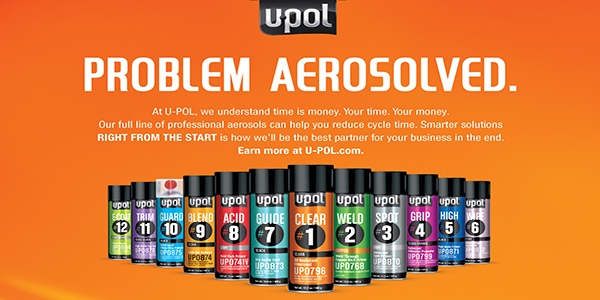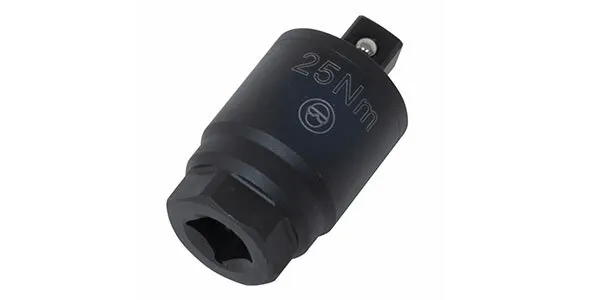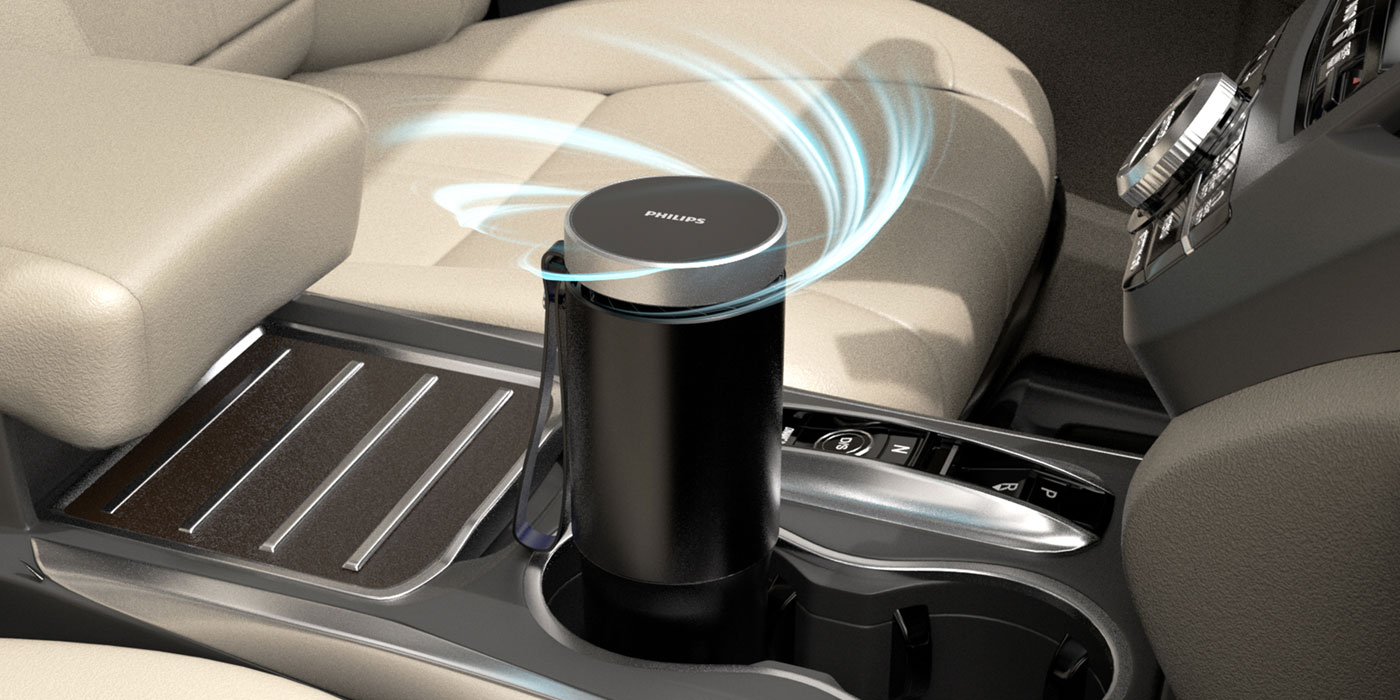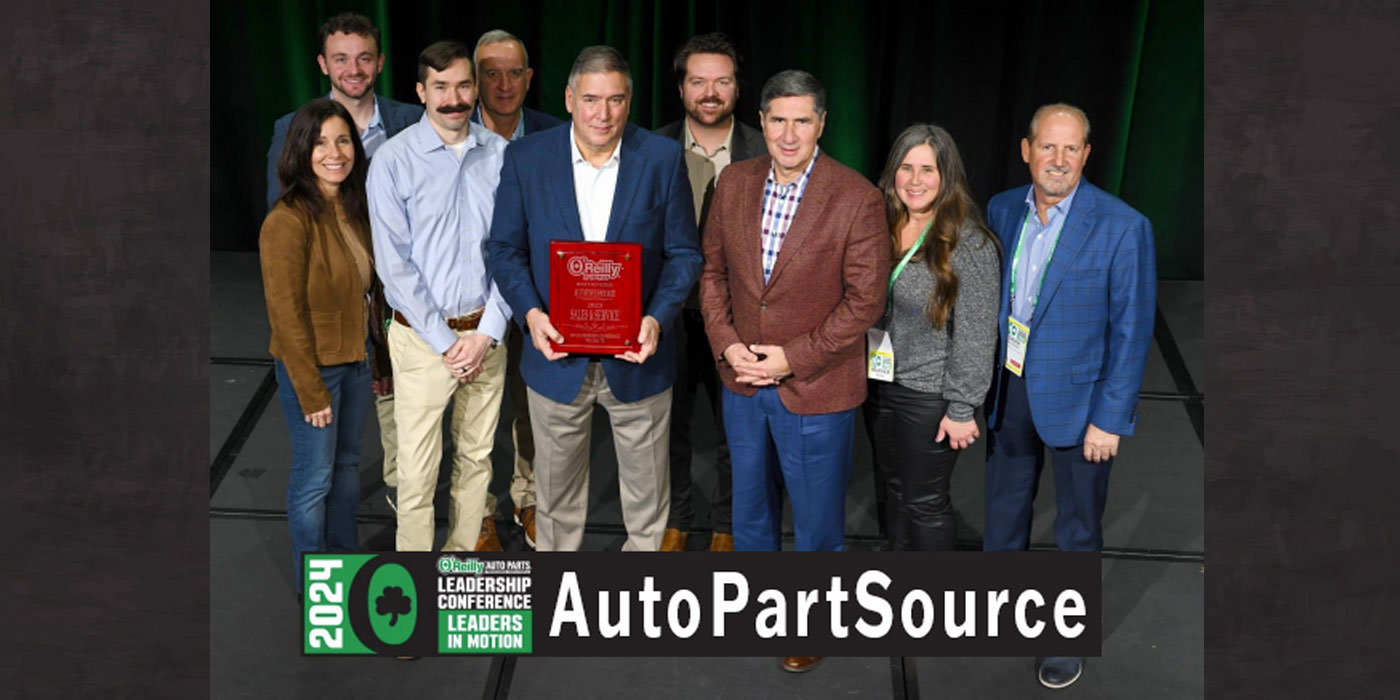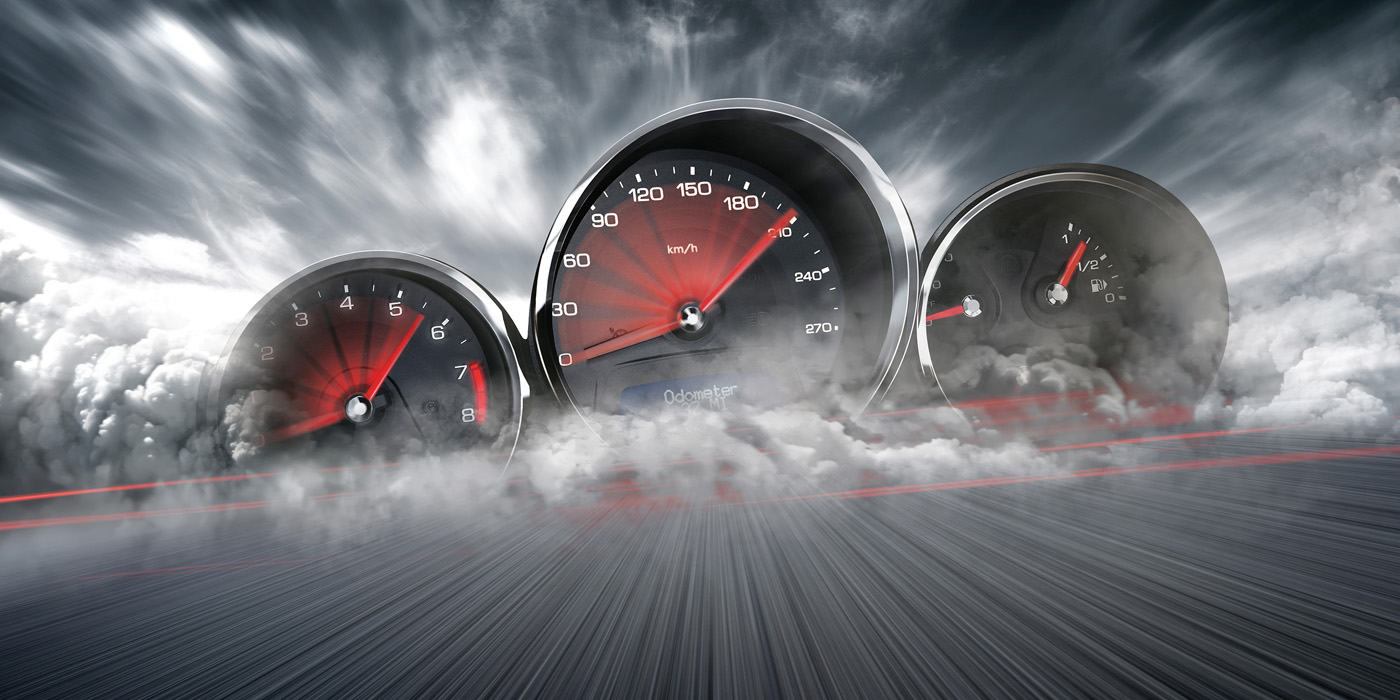When the weather starts to get warmer, the roads fill up with eager travelers. That’s especially true in 2021. According to a Harvest Hosts survey, 76% of respondents plan to travel more than they did in 2020, and 69% do not feel safe getting on a plane. For those planning to travel by road, 61% plan to travel over 500 miles.
While some of these distance drivers will head out to see tourist sites, explore a new city or visit family, others opt for a more outdoorsy experience. These drivers are ready to take their boats to lake houses and campers to campgrounds, and they may need an automotive shop’s help to make sure their vehicles are prepared before they hit the highway.
While towing a load, the fluids in a vehicle’s engine heat up. Depending on the engine, this could mean oil is spent more quickly, and if fluid levels are inadequate, towing can result in serious engine damage. Oil flow is another area of concern in regards to the inner workings of an engine while towing. Inhibited flow can mean overworked components, also leading to engine damage. The additional stress and heat from towing can limit oil life compared to regular driving.
Seasoned boat or RV owners may already be aware of the extra strain that towing puts on their respective vehicles, but 2020 brought about a lot of first-time buyers who may need more education on the matter. Info-Link Technologies Inc. research showed that first-time boat buyers accounted for 31% of new boat sales in 2020. 2020 saw roughly 25,000 more boat sales than 2019, with 24,000 of those being attributed to first-time buyers. RV sales are also trending up, and it can be assumed that many buyers are getting into the hobby for the first time. The Fall 2020 RV RoadSigns report projected 424,400 units sold in 2020, the fourth highest year on record, and 507,200 units for 2021, which would be the highest recorded annual total for the industry.
Road-Tested Recommendations
Fluid changes, proper filter replacement and a little expert guidance on driving habits can contribute to engine protection before a road trip. Before installing new oil and engine air filters, technicians and their customers should be aware of filtration products engineered to address the challenges of towing. These heavy-duty filters should offer a higher level of filtration without sacrificing flow. For an engine-safe tow, drivers should keep RPM high, but within the vehicle’s power band. They should also avoid overdrive during hill climbs or in heavy traffic. These steps can reduce wear, keep temperatures down and maintain steady oil flow.
FRAM® has been determined to develop high quality oil and engine air filters for years and has run tests to find the combination of materials and components that will keep vehicles running cleaner for longer. FRAM Tough Guard® Oil and Engine Air Filters are the ideal filter set for drivers who push their vehicles in towing and extreme weather conditions.
FRAM Tough Guard® Oil Filters use synthetic-blend filter media with greater durability and dirt trapping efficiency than standard oil filters. Tough Guard® can trap and hold dirt and wear particles for up to 15,000 miles, and the ability of oil to flow through its filter media protects against dry starts that could compromise engines. Tough Guard® Engine Air Filters are built to trap the greater-than-normal amount of contaminants faced by vehicles driving on dirty, dusty roads and towing heavy loads.
Explore the benefits of Tough Guard® and all FRAM® filters at fram.com.
This article was sponsored by FRAM.

